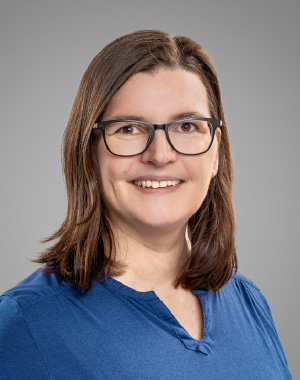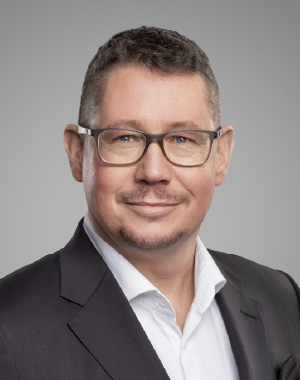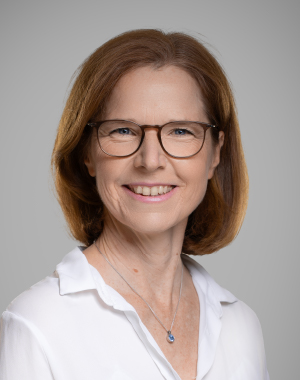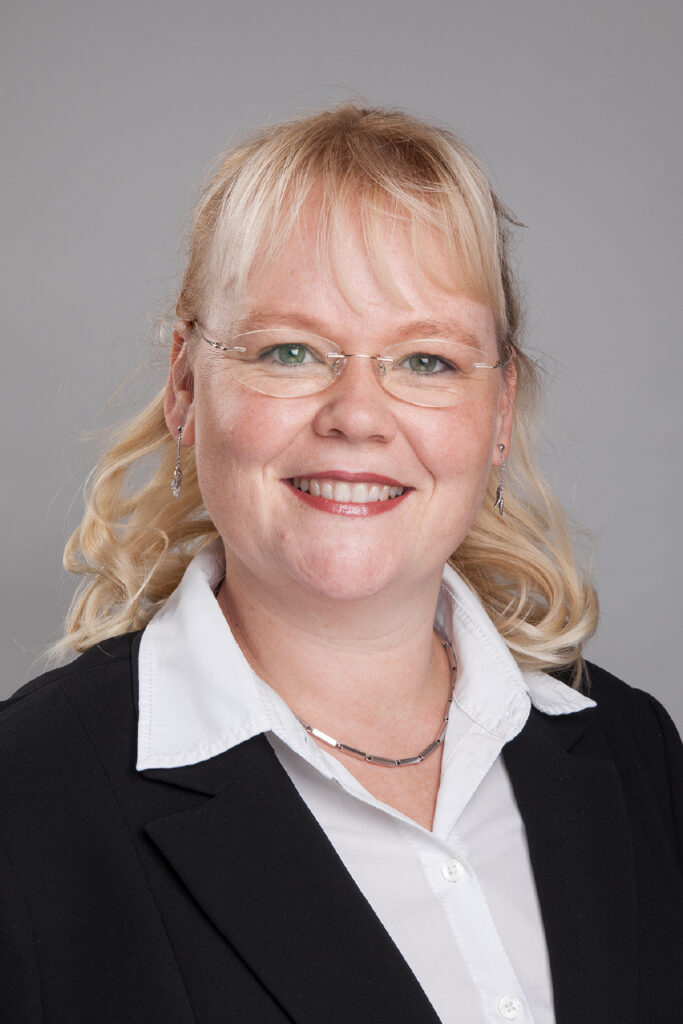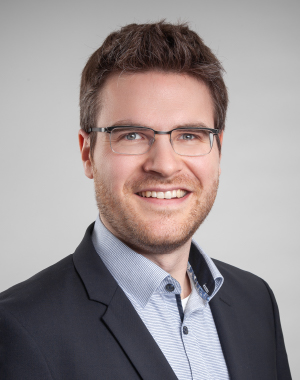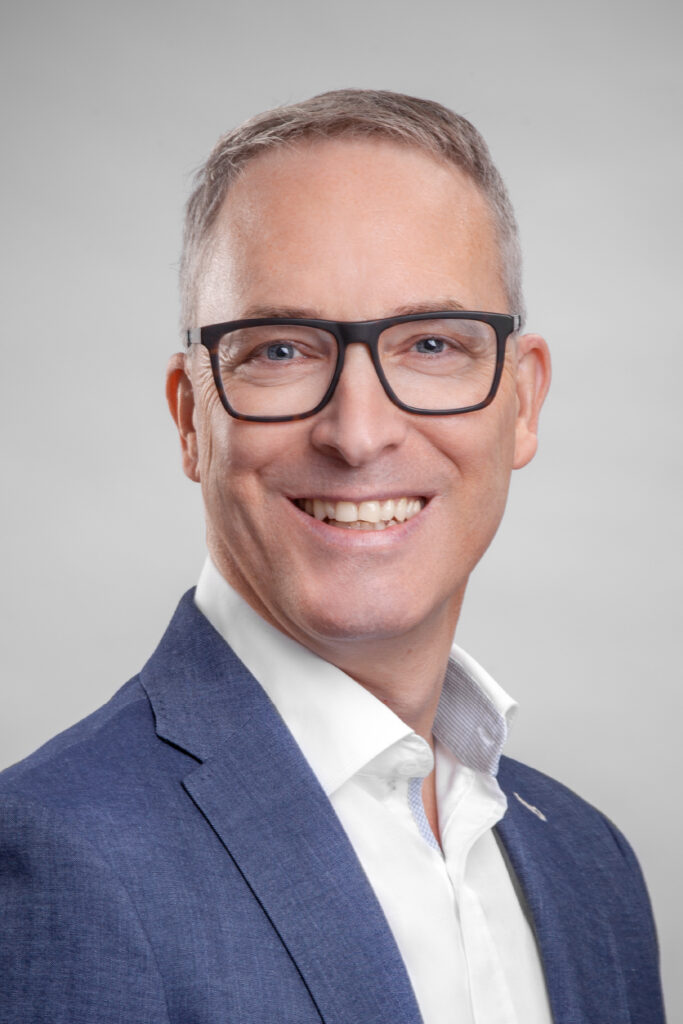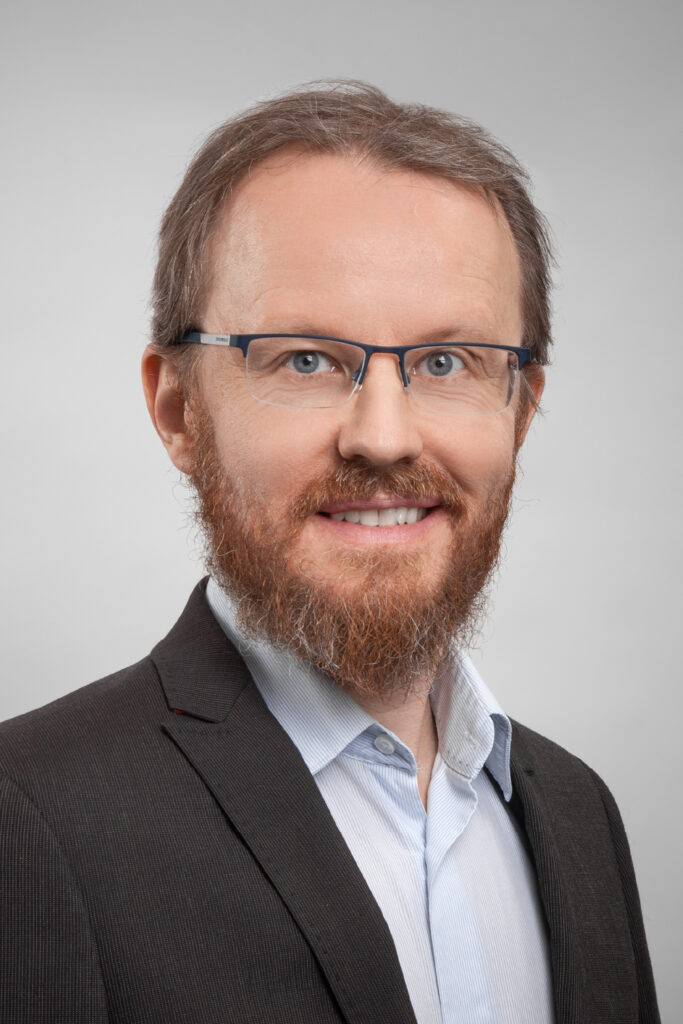13.11.2025
New Report: Mapping of Global Advanced Plastic Recycling Capacities
Comprehensive data on 390 planned, installed and operating plants worldwide – Europe takes the lead in advanced recycling technologies
Hürth, 13 November 2025: Advanced recycling technologies, both chemical and physical, are key to keeping carbon in the loop. There can be no circular economy without them. The new nova-Institute report “Mapping of Global Advanced Plastic Recycling Capacities” provides the most comprehensive and up-to-date overview of this dynamic global market. It maps 390 plants that are planned, installed or operating worldwide and provides details of their input and output capacities, the types of technology used and their regional distribution.
Advanced recycling complements mechanical recycling
While mechanical recycling remains important, it is limited in its ability to handle mixed and contaminated waste streams, so complementary solutions are necessary. Advanced recycling provides a range of technologies, including dissolution, enzymolysis, solvolysis, pyrolysis and gasification, which convert various types of plastic waste into valuable raw materials. These include monomers, naphtha, secondary valuable chemicals and syngas, which can be reintroduced into the plastics value chain.
Europe at the forefront of innovation
Europe is home to the majority of the world's advanced recycling facilities, representing approximately 20% of the global input capacity and roughly 26% of the global output of recycled polymers, monomers, naphtha and SVC. The Netherlands and Germany are at the forefront of plant numbers, reflecting Europe's robust innovation base and dedication to circularity. The European production capacity for polymers, monomers and naphtha from chemical and physical recycling is expected to quadruple by 2031, while global capacities are projected to triple.
Key technologies and players
The report identifies more than 70 operating and planned plants in the EU27+3 region alone, with examples such as LYB Solvent Recycling (Germany), Carbios (France), and Blue Alp (Belgium). Pyrolysis and solvolysis currently account for the largest installed capacities, but biochemical and physical processes are advancing rapidly as well.
Policy momentum and investment outlook
Despite the challenges posed by delays in regulation and financing, experts predict a positive future for the sector. The European Commission's ongoing revisions of recycling directives and investment frameworks are expected to provide stronger incentives for innovation and capacity expansion. As the report observes, the retention of all carbon molecules within the European industrial cycle will be unfeasible without the large-scale implementation of advanced recycling technologies.
Full insights at the Advanced Recycling Conference
The 35-page report provides global and regional market data, technology distribution maps, and a comprehensive Sankey diagram of material flows. It serves as an essential resource for policymakers, investors, and industry stakeholders navigating the transition to renewable carbon and circular plastic economies. The full report will be presented at the Advanced Recycling Conference, 19/20 Nov. 2025, in Cologne and online.
Information and registration: http://www.advanced-recycling.eu
Find the full report here: https://renewable-carbon.eu/publications/product/mapping-of-global-advanced-plastic-recycling-capacities-pdf/




